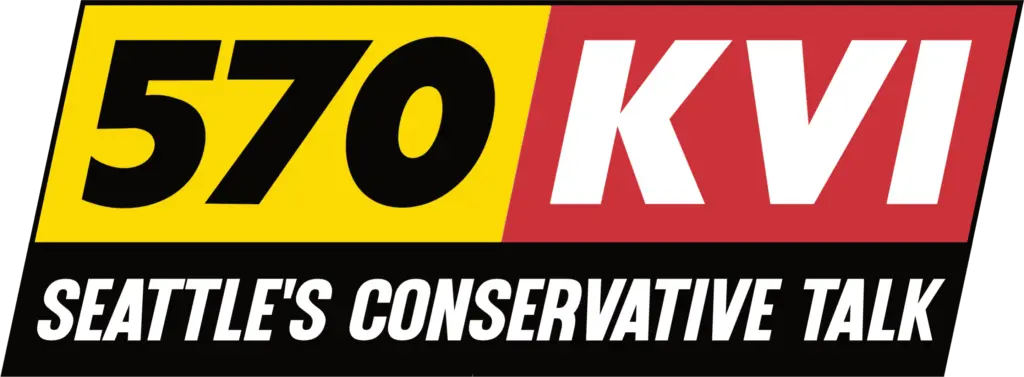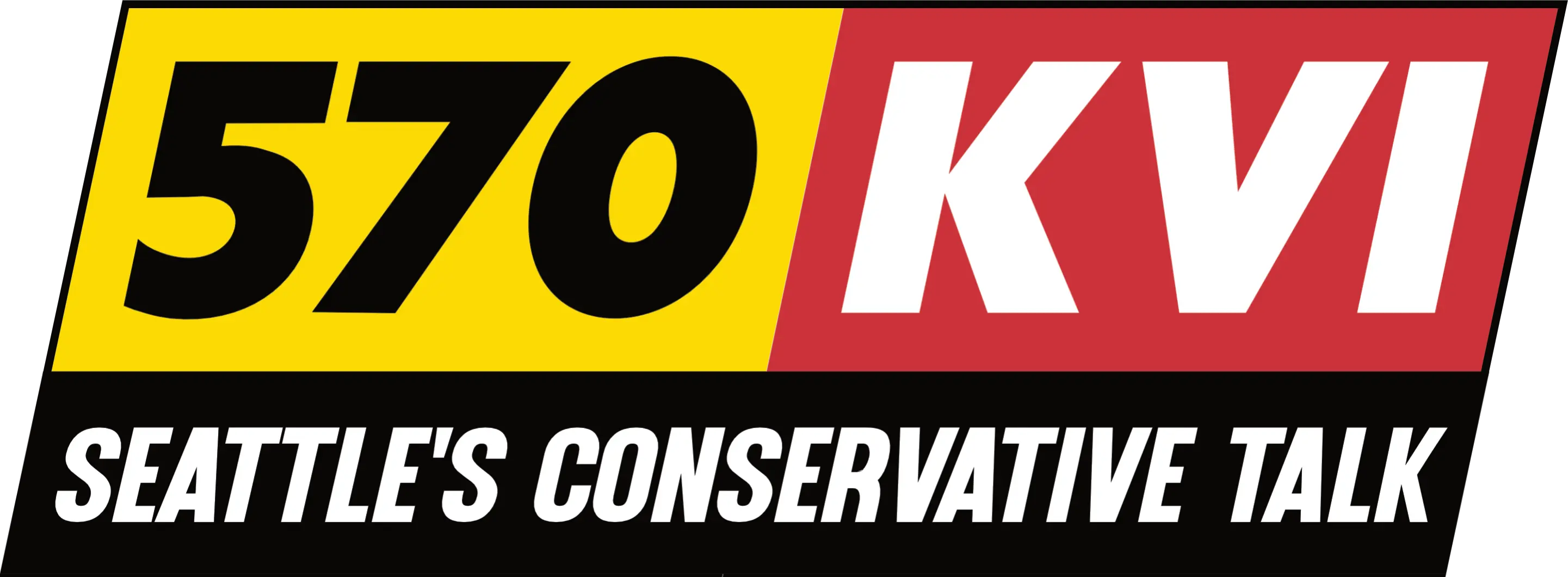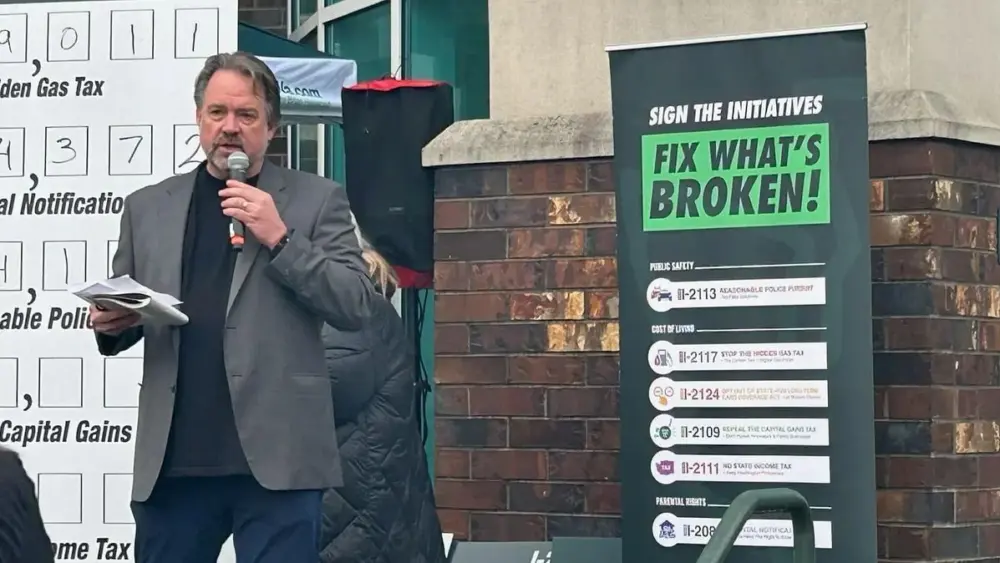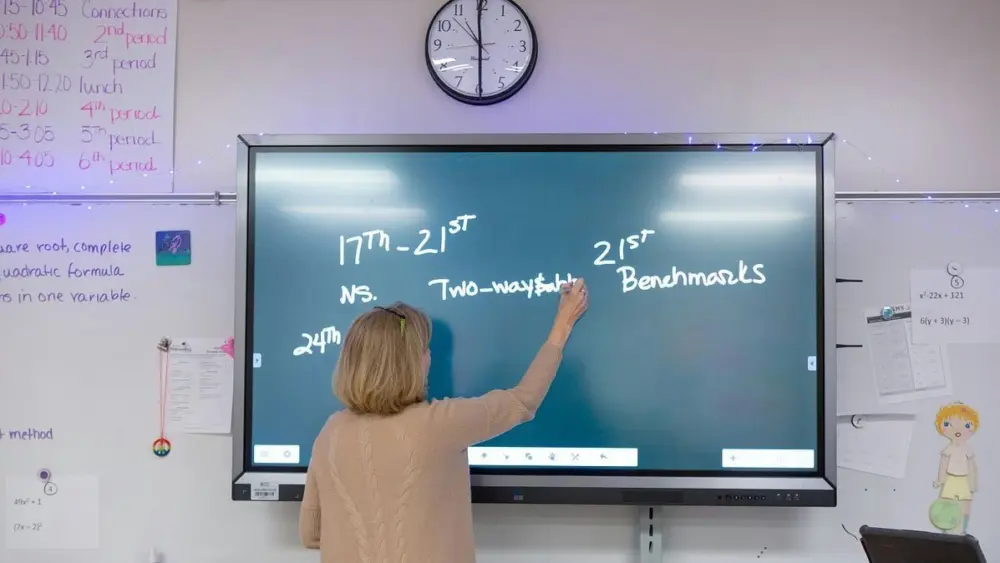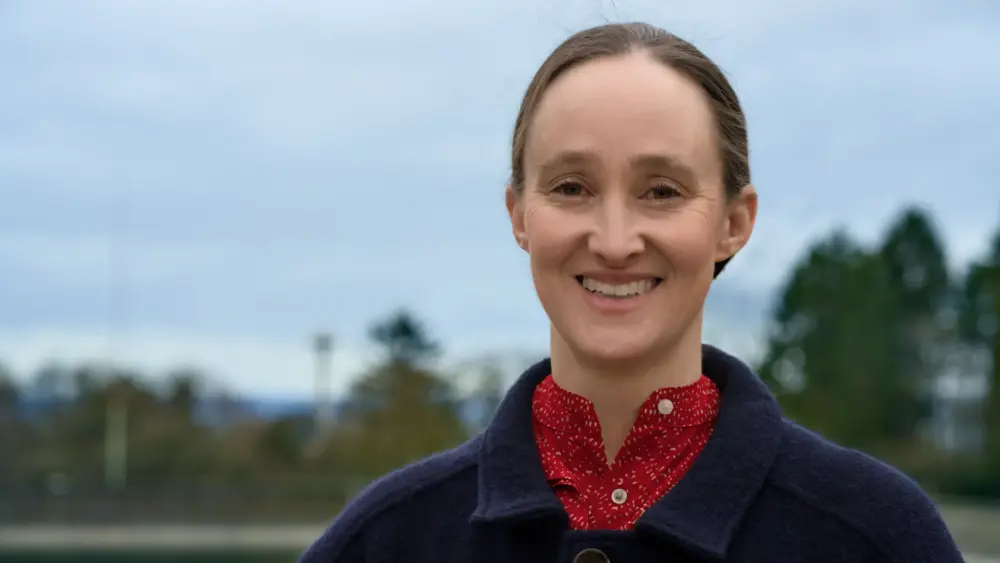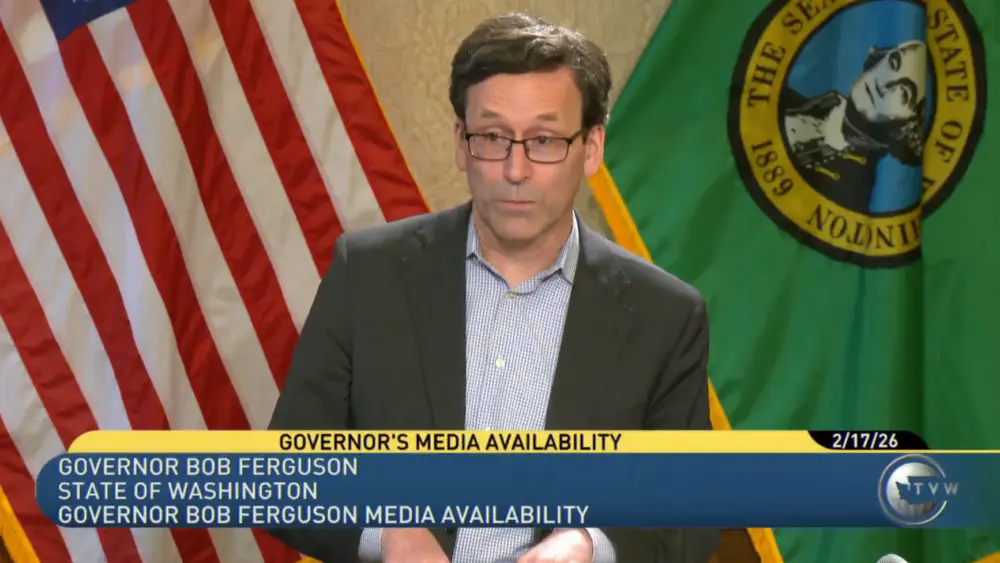House Bill 1110, passed by the Legislature this year and signed into law by Gov. Jay Inslee, was celebrated as a bipartisan solution to address Washington’s “missing middle” housing crisis, but when Spokane stepped up as an early adopter, it nearly shut down the housing market instead.
Middle housing is a term for homes that are at a middle scale between detached single-family houses and large multifamily complexes
The Spokane City Council passed the Building Opportunity for Housing initiative to meet the requirements of HB 1110 for market-based solutions to building more missing middle housing by allowing increased density. Cities with a population larger than 75,000 are required by HB 1110 to adopt zoning allowing up to six-plex units in all residential zones.
Shortly after the new zoning was adopted on Nov. 20, a mortgage lender raised red flags with local elected officials after hearing concerns from residential appraisers. Properties zoned to allow five or more residential units are considered commercial under a “highest and best use” test, requiring a general appraiser license. Under the current licensing statutes, residential appraisers would have to complete additional training of up to two years to be qualified to appraise commercial property.
The guidelines for appraiser training are set federally and administered at the state level.
Jay Sporn, residential appraiser supervisor with the Spokane County Assessor’s Office who also serves on the Real Estate Appraisal Commission, said the appraisal scope of practice barrier “hurts every major stakeholder including purchasers, grinding the whole system to a halt” in implementing HB 1110.
Spokane County Commissioner Al French described it as “the unintended consequences of dropping single-family residential zoning, a domino effect nobody expected.” French’s initial concerns were for homebuyers who no longer had access to federally backed loan programs as well as the impact on county revenue.
Commercial property can’t be financed with a residential mortgage. Federal Housing Administration, Veterans Administration and the secondary mortgage market all limit residential financing to four units or less.
Issues with the appraisal process came up after the bill passed, according to Rep. Jessica Bateman, D-Olympia, speaking virtually to a Spokane working group organized on Dec 11.
Bateman, prime sponsor of HB 1110, said she was sitting in “because Spokane is more advanced in their process of legalizing middle housing” and ahead of the state on this. She also said she was “reaching out to Sen. [Maria] Cantwell’s legislative director in the near future” on the federal fixes needed to appraisal licensing and lending.
The Spokane City Council acted quickly to adopt an emergency solution on Dec. 14, resetting the maximum number of units at four. Councilmember Jonathan Bingle pointed out “the city of Spokane has saved the state of Washington a lot of hardship” by surfacing the problem with time for a fix statewide.
HB 1110 and its six-unit requirement are still in effect statewide, and so are federal lending laws.
“Unfortunately, it wasn’t brought to our attention when we were voting on the bill in Olympia … the state doesn’t get to dictate what the federal requirements are for Freddie and Fannie,” said Rep. Leonard Christian, R-Spokane Valley, a realtor.
Majority Leader Sen. Andy Billig, D-Spokane, in an emailed response, said that he was aware that the sponsors of HB 1110 are monitoring the issue and is confident “if a fix is needed, the Legislature should be able to act fairly quickly.”

